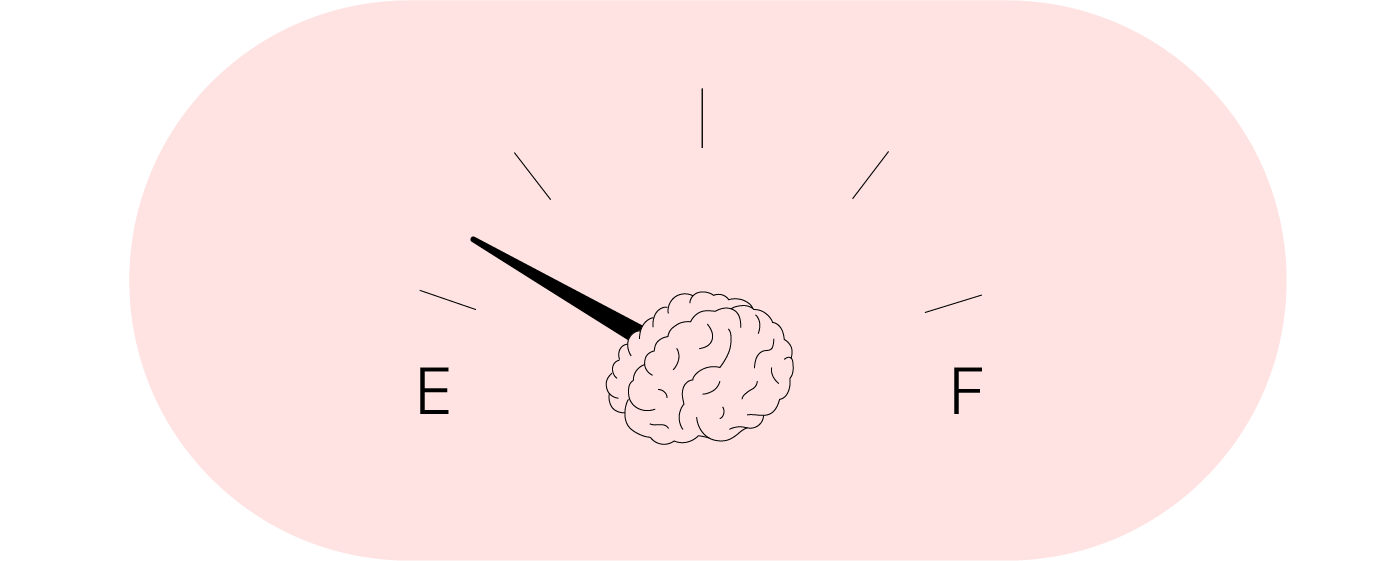You may have heard that multitasking is a great way to get more things done. In fact, we all multitask daily. But did you know that multitasking is bad for you and that it can damage brain cells, according to the latest research?
Also, another study conducted at Stanford University indicates that multitasking adds stress to our daily lives and harms our productivity, motivation, and mood. People exposed to too much data and several streams of electronic information have issues with attention, memory control, or switch from one job to another.
In this article, we will share some tips and tricks on how to stop multitasking and why multitasking is bad for you.
What is multitasking
Multitasking refers to a term of doing a couple of things at once, and it's often encouraged among students and office workers. In many circles, multitasking is considered to be more efficient than focusing on a single task.
So far, we have seen many studies evaluating the results of multitasking. While some of them favor it, others are against it, leading us to mixed results. In some cases, multitasking can be a great way to utilize time, while in others, the quality of work suffers due to split attention.
This term initially appeared in the IT industry, describing a computer's single central processing unit performing multiple tasks. Early computers could only perform one function at a time, but they could carry out several functions and a wide assortment of programs later on.
In the 90s, people started using this term to describe office workers. For example, a secretary could be multitasking when she responded to emails, answered the phone, created reports, and formed letters.
So, if we had to sum up the multitasking meaning, it would indicate working on two or more tasks simultaneously, switching back and forth between tasks, and performing them in a rapid session.
Is multitasking good or bad?
In a lot of ways, multitasking seems like an excellent idea. By working on a couple of tasks at once, you could be more productive, at least in theory. Even though multitaskers seem to be great at what they are doing, as we mentioned before, several studies have confirmed that this process actually hurts productivity.
Additionally, doing a couple of tasks simultaneously can impair cognitive ability, even for people who are regular multitaskers. Recent research suggests that office workers tend to overestimate their ability to multitask and end up being less effective.

Moreover, chronic multitaskers exhibit more impulsive behavior than their peers, have a lower level of control, and are often distracted easily. When it comes to brain functions, limited cognitive resources might be involved in this phenomenon as well.
A couple of networks in the brain guide our behavior whenever we have to complete a simple task. This type of behavior includes setting goals, gathering the information we need to accomplish it, and avoiding distractions. When we try to apply this process to multitasking, it can lead to cognitive errors. While more research is required on this topic, chronic multitaskers may experience brain changes over time, causing them to be more distracted than usual.
Multitasking as a skill
Skills are something we learn and develop over time, but according to many leading experts, that's not what multitasking is. For instance, David Strayer from the University of Utah discovered that 97.5% of people fail multitasking tests.
He also concluded that there is no possible way to boost your ability to multitask. On the other hand, scientists at Stanford University found that the more a person multitasks, the worse they become at it. This indicates that we can hardly do more than one thing at the same time.
When trying to do more than one thing simultaneously, our brain switches between each task at a rapid pace, and this illusion of multitasking is really a self-distraction. According to some estimates, we lose at least a third of our workday at task switching.
The negative effects of multitasking
Lack of focus: when working on a couple of tasks at once, like checking your email, talking on the phone, or writing reports, you can lose the focus required to complete one item adequately. If you are exposed to too many distractions, they can break your concentration.
Memory impairment: When you're working on a project, but you're constantly interrupted by phone calls, coworkers, or customers, you risk forgetting the details necessary to finish the task.
Higher stress level: trying to complete too many activities simultaneously can lead to an increased stress level. Additionally, anxiety linked to multitasking in an office environment can minimize productivity and negatively affect the company's profit.
Costs: harmful effects of multitasking can take a toll on your livelihood and life. Moreover, the economy and business suffer when workers are constantly interrupted by unnecessary distractions.
The solution to multitasking
If you are finally ready to break free from multitasking, here are a few tips on how to get started:
Start with 20-minute intervals: for example, you could focus on reports for 20 minutes and then move to emails for 20 minutes. If you think that 20 minutes is too scary for you, begin with 10-minute intervals.
Pencil time for individual tasks: make sure to schedule time in your calendar and work on one project at a time.
Avoid distractions: they are your biggest enemy; turn off all email and phone notifications, at least for a while.
Look for a quiet place to work: if you work in an office, don't leave your door open. You could put a "Do Not Disturb" sign. Wear noise-canceling headphones or hide in a meeting room.
Get rid of the mess: it's pretty challenging to focus when your paperwork is all over the place. File your assignments out of sight so you can concentrate on current projects.
Work when you are in the office: forget about web surfing and social media when at work. Set up priorities and tackle the most pressing projects, then go home and enjoy your day.
Steps to stop multitasking
If you want to stop multitasking, here is what you need to do:
- Do one thing at a time – you will get more work done if you do all tasks individually.
- Be present – stay on your current to-do list, and don't let your attention wander.
- Finish before you start – finish one task before starting another.
- Don't let small tasks interrupt bigger ones – resist letting small items interrupt bigger ones, and don't choose a two-minute task just because it's easy.
- Avoid tech distractions – when you are working, close your email, turn off the phone, and don't browse social media.
- Make an appointment with your work – start with the most challenging tasks and work on one task or a project at the time.
.png)




